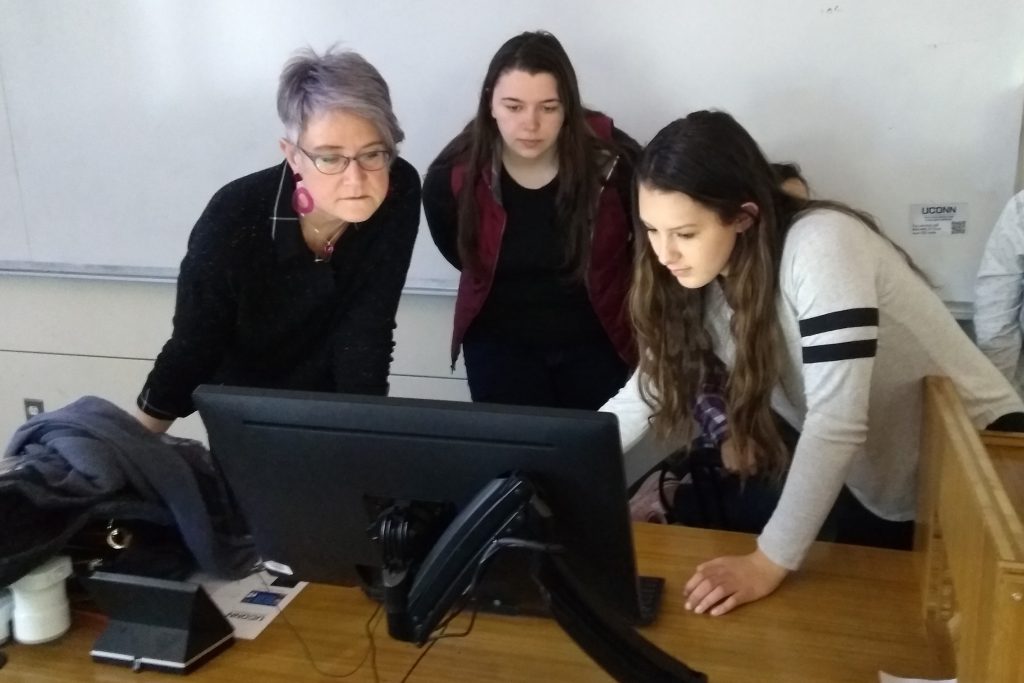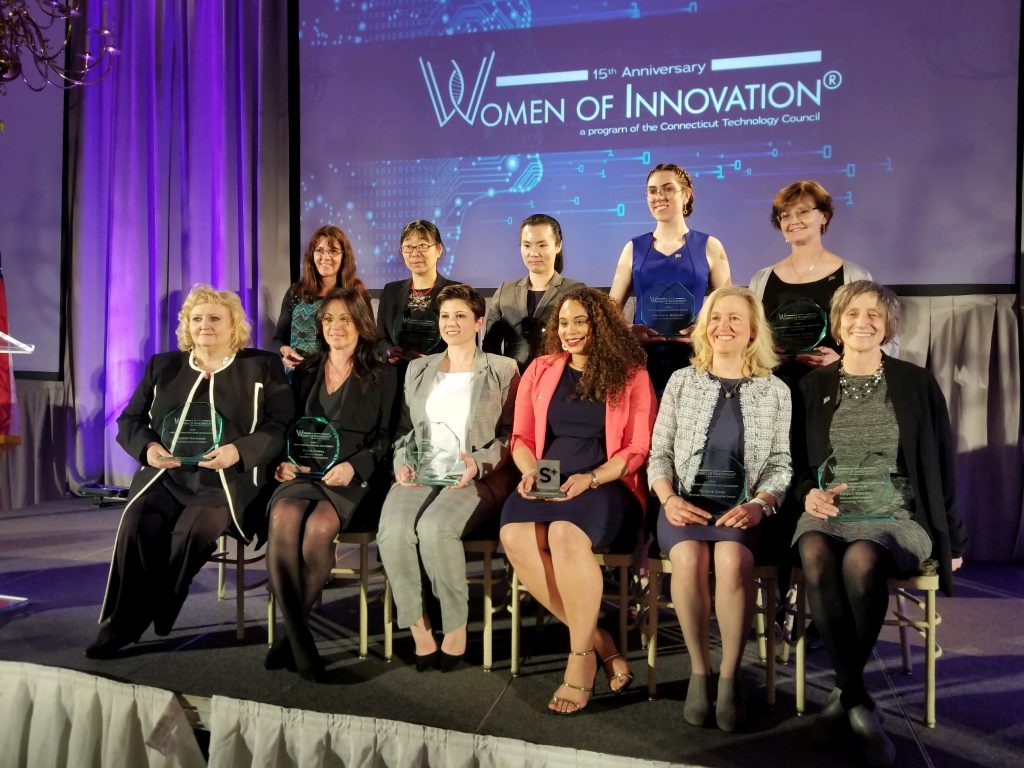Research & Discovery
Drought, Gypsy Moths, and How They Impact Tree Mortality
With an NSF RAPID grant, UConn researchers will study the impact of extreme drought on gypsy moth infestation and tree mortality.
April 3, 2019 | Anna Zarra Aldrich '20 (CLAS), Office of the Vice President for Research
New Evidence Shows the Evolving Nature of Moss
Using DNA-sequencing technology, a research team including UConn's Bernard Goffinet have reconstructed the family tree of mosses, which go back at least 400 million years.
April 2, 2019 | Elaina Hancock
Autonomous Vehicles: Diverse Group Seeks to Answer Broad Questions
Many societal hopes, fears, and questions that self-driving vehicles raise were discussed during a forum Monday hosted by UConn's Transportation Technology & Society (TTS) Research Group.
April 2, 2019 | Jaclyn Severance
Engineering for Human Rights
UConn’s Engineering for Human Rights Initiative aims to bridge the gap between STEM students and the good their work can do for citizens, communities, and societies.
April 2, 2019 | Anna Zarra Aldrich '20 (CLAS), Office of the Vice President for Research
UConn, Chrysalis Center Partnership to Help the Homeless in Hartford
Eleni Rodis, research associate from UConn's School of Social Work, is partnering with the Chrysalis Center in Hartford to assist hundreds struggling with homelessness and substance abuse disorders.
April 1, 2019 | Anna Zarra Aldrich '20 (CLAS), Office of the Vice President for Research
The Workplace Workaround
A new UConn study found that even in life-or-death emergencies, workplace friendships – and enmities – matter.
April 1, 2019 | Claire Hall
Women in the Arts: Setting the Record Straight
During a day-long event at two UConn campuses on April 1, students, faculty, and staff edited Wikipedia to ensure the inclusion of female artists.
April 1, 2019 | Kenneth Best
Three UConn Researchers Named Women of Innovation by CT Tech Council
UConn researchers took home top prizes in three categories at The Connecticut Technology Council’s 15th annual “Women of Innovation” awards gala.
March 29, 2019 | Jessica McBride, PhD
Laurencin Travel Fellowships Awarded
UConn’s Sydney Wimberley is one of two students awarded a 2019 Cato T. Laurencin Travel Fellowship, enabling membership to the Society For Biomaterials and attendance at its annual meeting.
March 28, 2019 | Chris DeFrancesco '94 (CLAS)
Promising New Drugs for Old Pathogen TB
Pharmaceutical sciences researcher Dennis Wright is developing new ways for antifolate medications to target the bacterium that causes tuberculosis.
March 28, 2019 | Elaina Hancock









